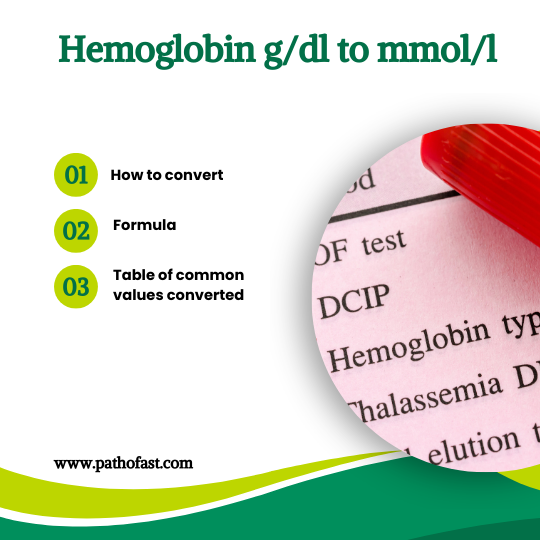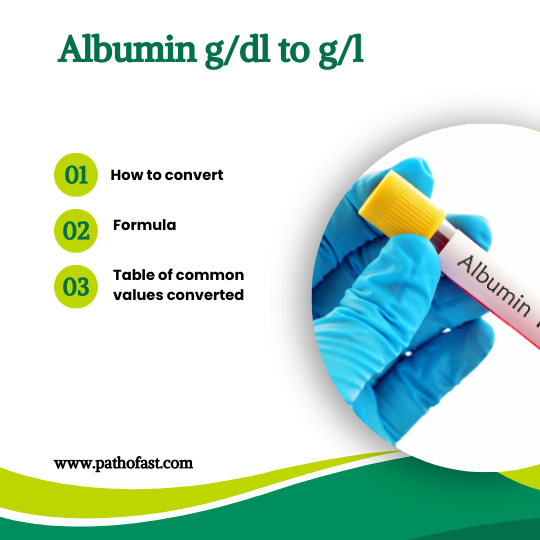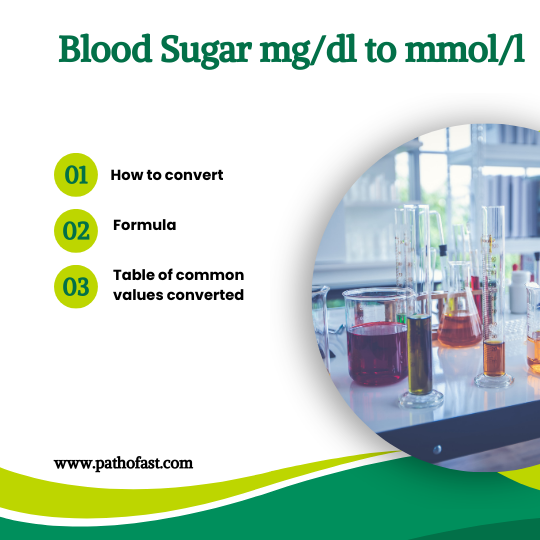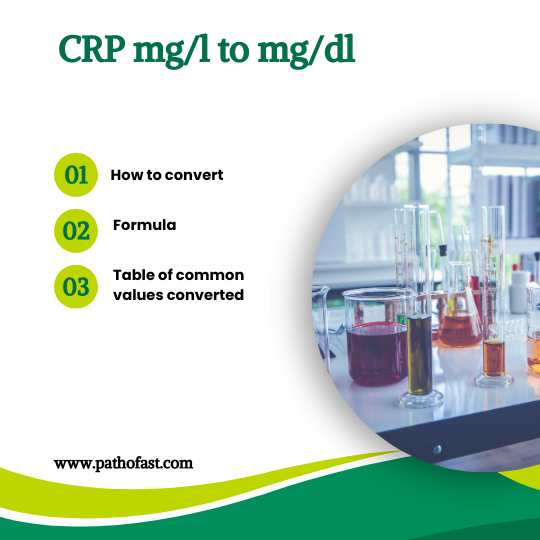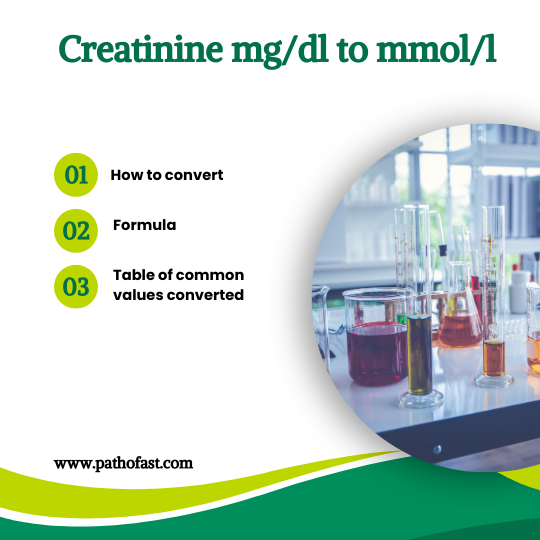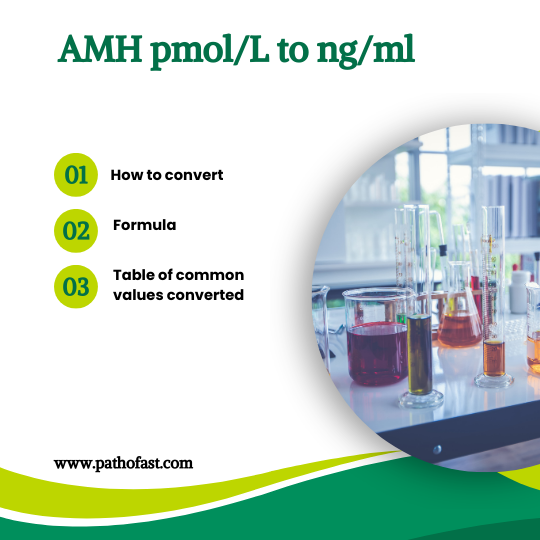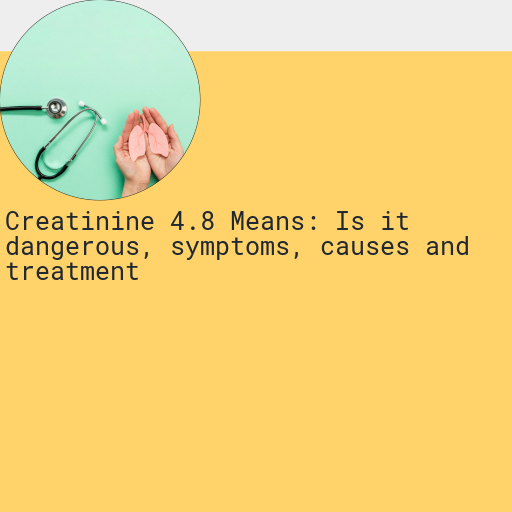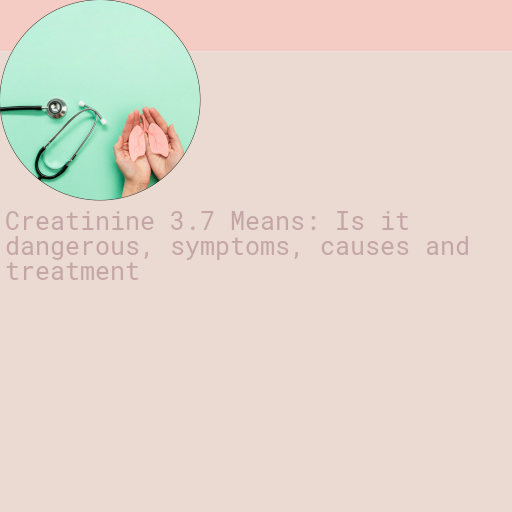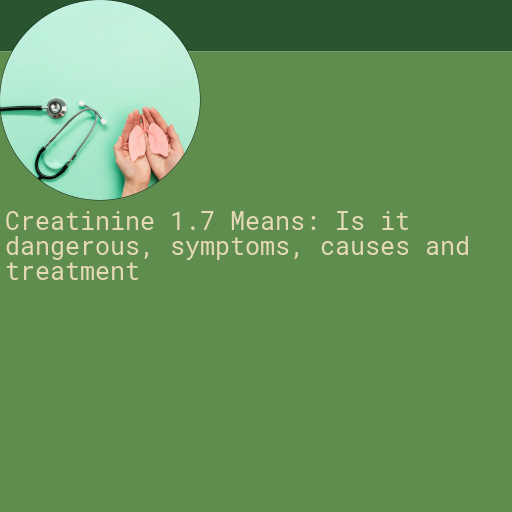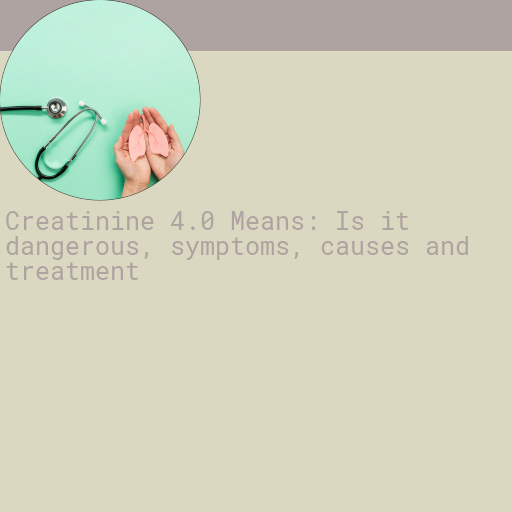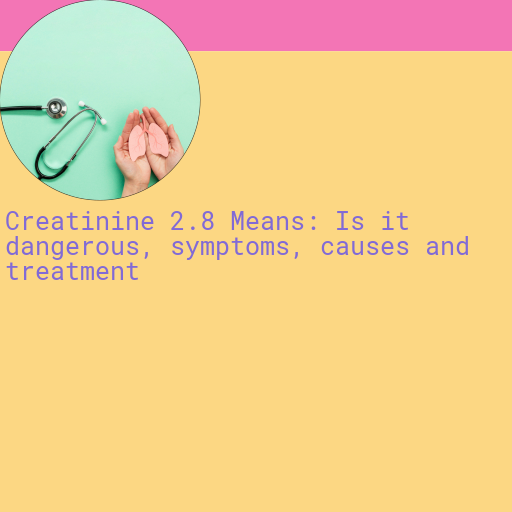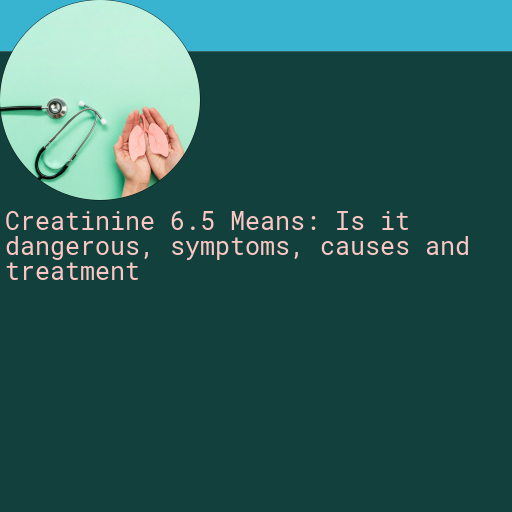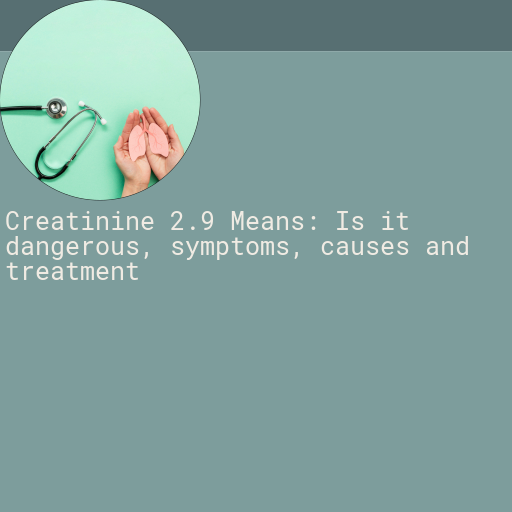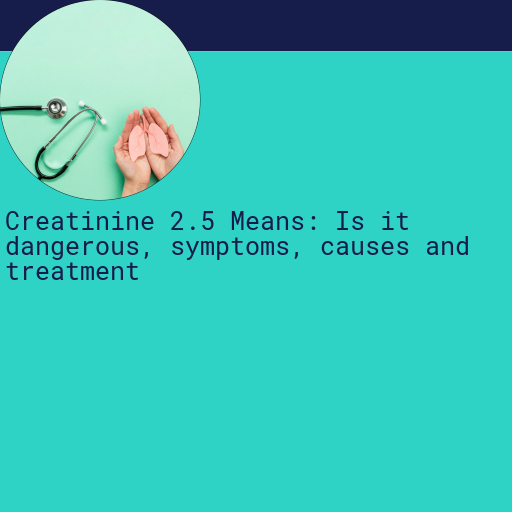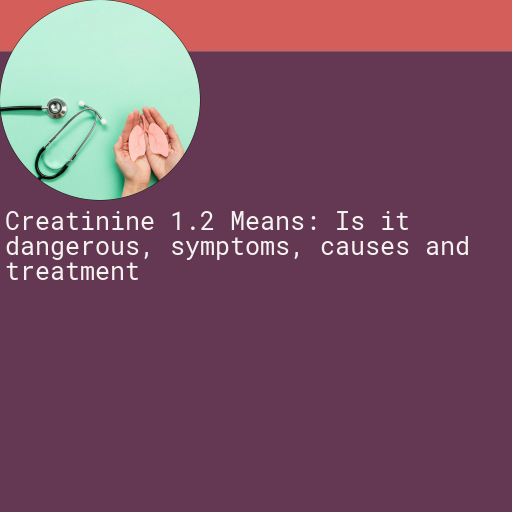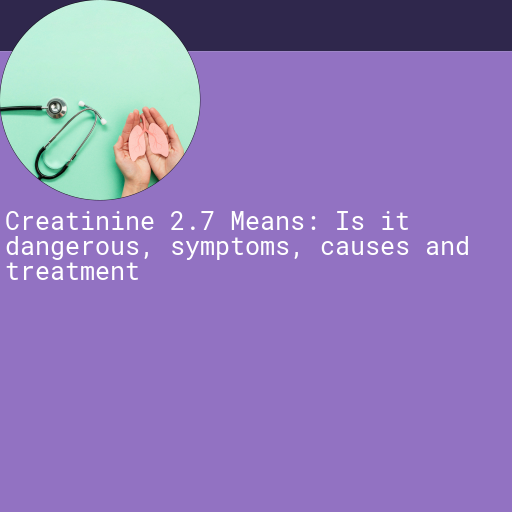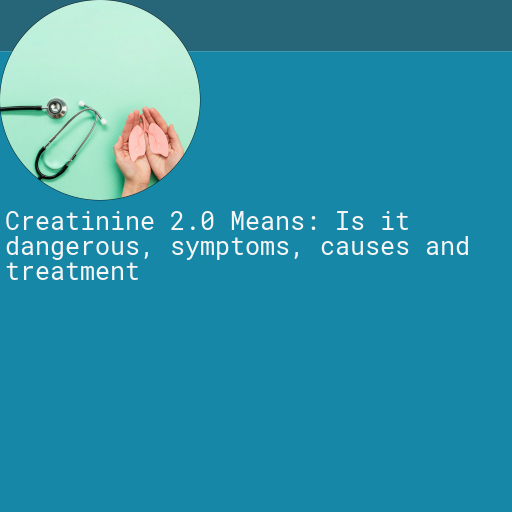Blog - Pathofast
The most commonly asked questions about lab tests - Answered by Doctors
Testosterone Testing Levels: Normal, High, Low, Dangerous Levels Explained
Testosterone is the main sex hormone responsible for energy, fertility, and sexual health in both men and women
Testosterone Level 140 : Is It Dangerous, Causes, Symptoms, Treatment
A testosterone level of 140 ng/dL is considered to be very low and indicates that the testicles are not producing enough testosterone
Urine pus cells 8-10 means : causes, danger levels and treatment
Does your urine test report show a line that reads - 'pus cells : 8 to 10/hpf'?
AMH Level 1.0 : can i get pregnant?
AMH, or Anti-Müllerian Hormone, is a substance produced by the ovaries that correlates with a woman's fertility potential
Period 12 Days Late, Negative Pregnancy Test – What Does It Mean?
Is your period 12 days late but the pregnancy test is negative? Learn what it means if you have a 12 days missed period, including reasons for false negatives, delayed ovulation, brown discharge, and when to seek medical advice
Hemoglobin g/dL to mmol/l : Conversion Table, Calculator,Formula,Normal Levels
Learn how to Convert Hemoglobin from g/dL to mmol/l
Albumin g/dL to g/L : Conversion Table, Calculator,Formula,Normal Levels
Learn how to Convert Albumin from g/dL to g/L
Blood Sugar mg/dl to mmol/l : Conversion Table, formula and more
Learn how to Convert Blood Sugar from mg/dl to mmol/l
CRP mg/l to mg/dl : Conversion Table, formula and more
Learn how to Convert CRP from mg/l to mg/dl
Creatinine mg/dl to mmol/l : Conversion Table, formula and more
Learn how to Convert Creatinine from mg/dl to mmol/l
AMH pmol/l to ng/ml : Conversion Table, formula and more
Learn how to Convert AMH from pmol/l to ng/ml
Signs you passed your glucose test - Is your sugar level normal?
Passing a glucose test is relief for people worrying about diabetes
Double Marker vs Triple Marker : Which is the better test in pregnancy?
Double Marker or Dual Marker and Triple Marker are blood tests done in pregnancy to detect genetic problems in the baby
Hospital Infection Control - List of Swabs to be taken for NABH in India
Hospital Infection control and surveillance requires swabs to be taken periodically for the microbiological culture, to ensure that there are no germs growing on these surfaces
Creatinine 4.8 : Is it Dangerous, Causes, Symptoms and More
When it comes to understanding your health, few indicators are as crucial as your creatinine levels
Creatinine 3.7 : Is it Dangerous, Causes, Symptoms and More
Understanding the implications of elevated creatinine levels is crucial for maintaining kidney health
Creatinine 1.7 : Is it Dangerous, Causes, Symptoms and More
Understanding the significance of creatinine levels in your body is crucial for maintaining optimal health
Creatinine 4.0 : Is it Dangerous, Causes, Symptoms and More
Understanding the significance of a creatinine level of 4
Creatinine 2.8 : Is it Dangerous, Causes, Symptoms and More
Creatinine is a waste product that is produced by muscle metabolism and is typically filtered out of the blood by the kidneys
Creatinine 6.5 : Is it Dangerous, Causes, Symptoms and More
Creatinine, a waste product found in the blood, is a crucial indicator of kidney function
Creatinine 2.9 : Is it Dangerous, Causes, Symptoms and More
When it comes to understanding our health, blood tests play a crucial role in revealing vital information about our body's functioning
Creatinine 2.5 : Is it Dangerous, Causes, Symptoms and More
When it comes to understanding kidney health, one crucial marker that often comes up is creatinine
Creatinine 1.2 : Is it Dangerous, Causes, Symptoms and More
Understanding the significance of creatinine levels in your body is crucial for maintaining optimal health
Creatinine 2.7 : Is it Dangerous, Causes, Symptoms and More
When it comes to understanding our health, it's crucial to pay attention to the numbers that appear in our medical reports
Creatinine 2.0 : Is it Dangerous, Causes, Symptoms and More
When it comes to understanding your health, the term creatinine often surfaces in discussions about kidney function






